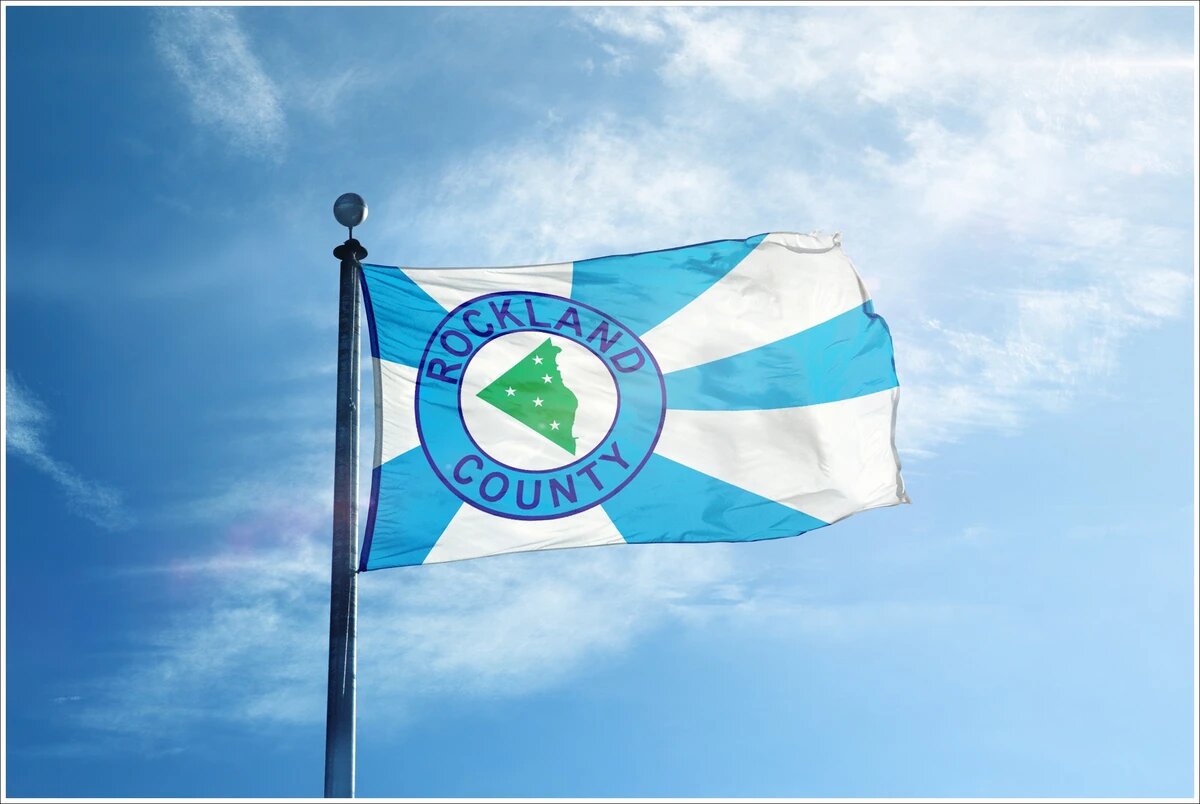The Village of Upper Nyack has been certified by New York State as a “Climate Smart Community”, joining the ranks of dozens of New York towns and villages that have been recognized for their commitment to transitioning to the use of renewable energy and sustainable environmental policies. The Climate Smart Program, which supports local efforts to meet the economic, social, and environmental challenges posed by climate change, added 31 local governments to it’s ranks in 2024, it’s tenth year of operation.
To receive Climate Smart Community certification, local governments accumulate points for planning and implementing actions that reduce greenhouse gas emissions and improve community resilience in the face of worsening impacts of climate change. The Village of Upper Nyack now stands alongside the town of Orangetown and the former village of South Nyack as Rockland communities recognized by the state government for their progress in creating a more sustainable future.
“Over the past decade, more than 425 local communities joined state efforts to tackle the climate crisis head on through the Climate Smart Communities program, benefitting local residents and creating green jobs,”said Governor Hochul when announcing this years new entries to the program “I congratulate this team on 10 years of implementing policies and plans that are successfully reducing greenhouse gas emissions to help build a stronger, more resilient Empire State.”
Launched in 2014, the certification program provides a robust climate planning framework and recognizes the leadership and accomplishments of communities taking climate action. Each certification is valid for five years. There are now 163 total certified Climate Smart Communities in New York State, 17 silver and 146 bronze. To be certified, communities must demonstrate an active climate change task force that includes residents and municipal representatives. Most certified communities completed greenhouse gas inventories that calculate emissions at the local level and help local leaders identify how best to help New York State meet its ambitious greenhouse gas emission reduction directives under the Climate Act.
Climate Smart Communities grant program made $22.5 million available to help municipalities take action to address climate change this year. Funding for the program is supported by the State’s Environmental Protection Fund and the Environmental Bond Act. Eligible projects include reducing flood risk, relocating or retrofitting critical infrastructure, reducing emissions from food waste, and climate change planning and assessment as part of the Climate Smart Communities Certification program. Since the program’s inception, DEC has awarded more than $70 million to municipalities in support of local climate mitigation and adaptation projects.
If awarded a grant, municipalities must provide at least 50 percent of the total costs for most projects.
New York State’s climate agenda calls for an orderly transition to a green economy across all sectors and ensures that a minimum of 35 percent, with a goal of 40 percent, of the benefits of clean energy investments are directed to disadvantaged communities. Guided by some of the nation’s most aggressive climate and clean energy initiatives, New York is advancing a suite of efforts – including the New York Cap-and-Invest program (NYCI) and other complementary policies – to reduce greenhouse gas emissions 40 percent by 2030 and 85 percent by 2050 from 1990 levels. New York is also on a path toward a zero-emission electricity sector by 2040, including 70 percent renewable energy generation by 2030, and economy-wide carbon neutrality by mid-century. A cornerstone of this transition is New York’s clean energy investments, including more than $28 billion in 61 large-scale renewable and transmission projects across the State, $6.8 billion to reduce building emissions, $3.3 billion to scale up solar, nearly $3 billion for clean transportation initiatives and over $2 billion in NY Green Bank commitments. These and other investments are supporting more than 170,000 jobs in New York’s clean energy sector as of 2022 and over 3,000 percent growth in the distributed solar sector since 2011. To reduce greenhouse gas emissions and improve air quality, New York also adopted zero-emission vehicle regulations, including requiring all new passenger cars and light-duty trucks sold in the State be zero emission by 2035. Partnerships are continuing to advance New York’s climate action with more than 400 registered and more than 150 certified Climate Smart Communities, over 500 Clean Energy Communities, and the State’s largest community air monitoring initiative in 10 disadvantaged communities across the State to help target air pollution and combat climate change.


You must be logged in to post a comment Login